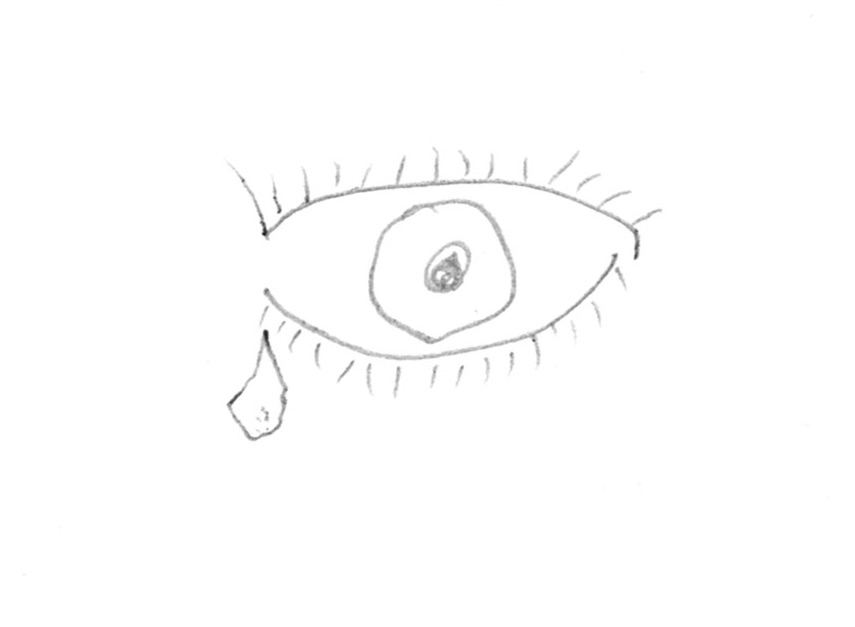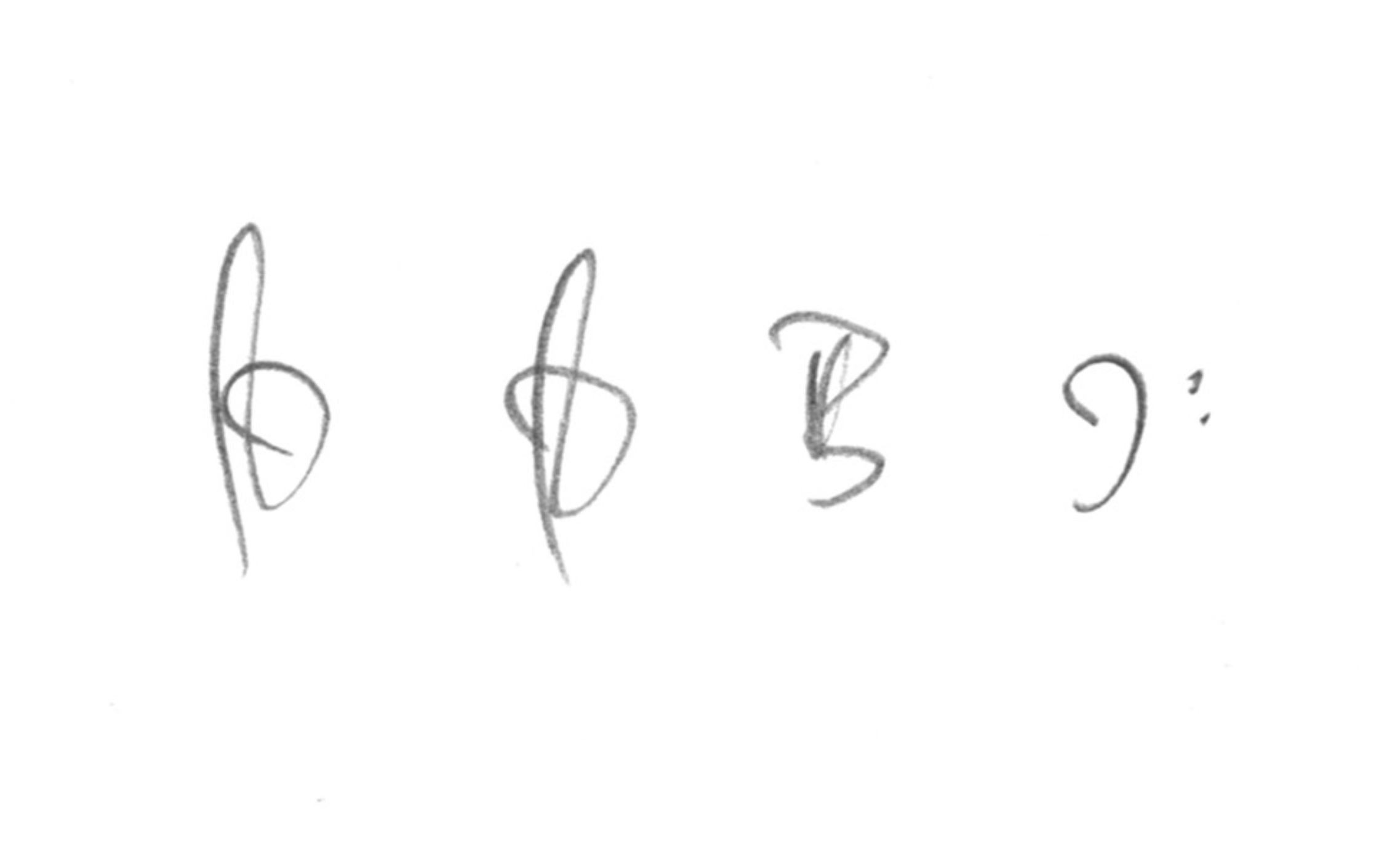 Here’s a little post about feeling overwhelmed by artistic experience.
Here’s a little post about feeling overwhelmed by artistic experience.
I was listening to Leonard Bernstein conducting Brahms’s Haydn variations. I said to my nearest and dearest, as the seventh variation commenced, ‘Listen to this!’ and she said, ‘I’m listening,’ before leaving the room. This music is bordering on the unbearable for me, just full of the most intense feeling. I don’t have the words to describe what it does to me. Brahms’s orchestrational technique, as well as his ridiculously encompassing harmonic imagination, wreck me every bloody time.
So I’ll admit it: music makes me cry. Silly maybe, but true. The recap in the first movement of Carl Nielsen’s first symphony. The end of ‘Fecit potentiam’ (an actual ii chord!) in J. S. Bach’s Magnificat. ‘Baba the Turk is here!’ from Igor Stravinsky’s The Rake’s Progress. The Passacaglia in Josef Rheinberger’s eighth 0rgan sonata. Richard Strauss’s Four last songs (of course). I’ve spoken about it with close friends, some of whom are similarly fragile, and we’ve talked about the pieces that undo us, the means by which we feel ourselves to be undone, and all the rest of it. Even my beautiful GP is in the picture about this.
The physical implications of music are, for me, part of what it’s all about. A big part. I watch Carlos Kleiber conducting, and he is so. not. just. beating time. The physical as emotional, if that makes sense, is the business at hand.
Oh, là là. Does music do something to you that you can’t quite describe? If so, tick here. And please, if you will, tell me about it.
4.vi.2022
 6pm on a Monday evening isn’t the easiest ask for a family man like me, but some calls are louder than others. The highly-regarded and -awarded Penny Quartet was to take the stage in the Primrose Potter Salon at the Melbourne Recital Centre on May 2, and I was very keen not to miss out.
6pm on a Monday evening isn’t the easiest ask for a family man like me, but some calls are louder than others. The highly-regarded and -awarded Penny Quartet was to take the stage in the Primrose Potter Salon at the Melbourne Recital Centre on May 2, and I was very keen not to miss out.
This quartet emerged from ANAM, where its members first collaborated. One of them, Amy Brookman, is now employed with the New Zealand Symphony Orchestra, so wasn’t able to be part of this performance. Her replacement, Matthew Tomkins, is a second with the MSO. Madeleine Jevons played first violin, with Anthony Chataway playing viola and Jack Ward cello.
Proceedings opened with György Ligeti’s first string quartet. There is a motivic concentration to this piece that demonstrates its debts to Bela Bartok, a composer who, it seems to me, never wasted a note. The initial gestures from the first violin are concentrated around a very small and chromatically illustrated interval, and what we hear at the outset is changed and developed throughout the rest of the work. Subtitled ‘Metamorphoses nocturnes’ the changes to this material seem to be what the piece is about.
You know, a lot of people hear ‘atonal’, and reply, ‘which way do I run?’. It’s sad, because the dramatic, the feeling, the questioning aspects of non-tonal music will be lost to such listeners, perhaps forever. And (I have to say) they’re missing out, because the incredibly creative composers who followed Mahler’s massive orchestras or Strauss’s blinding tonal harmony or the apparent summing up of Brahms imagined their way into fabulously productive waters and the 20th century produced incredibly resonant work from all over the place.
Ligeti’s first quartet is a restless, demanding piece, and for this reason doesn’t seem to be programmed nearly often enough. The same goes for the rest of Ligeti’s oeuvre, although the pre-eminence of historical tonal music in concert life is a conversation for another time. To hear it dished up by the Pennies at the MRC was a splendid treat.
There is so much colour in this ensemble, and its energetic programming choices draw remarkable work from its members. I took one of my children to the country once to hear an early Beethoven quartet paired with the Benjamin Britten D major; the meeting of these pieces was quite stunning.
And its work last Monday evening was breathtaking. With Ligeti first on the dance card things were captivating from the gate. Initially it’s both quiet and busy, with things seeming to be held in reserve, an immediate sense of tension. The energy brought to this mightily challenging score was extraordinary, and the meeting of the four players seemed perfect. Ensemble, the playing together, the combined effort, is the most challenging thing about delivering chamber music, but the Pennies have totally got to know each other and operate with an awesome sense of unity.
Ligeti’s management of all kinds of temperamental and emotional conditions is stunning, and one listens transfixed by the capacity he has to depict all manner of feeling. The deepest and most personal, the most fully exciting and willing to be shared – it’s all in this score, and the impositions on the performing body are considerable.
A shorter piece by Sydney composer Ella Macens followed the Ligeti, and contrasted effectively. Schumann’s first string quartet completed the evening’s music and if it sounds a little, shall we say, tame after the Ligeti, it was played with concentration and dedication and all its quirkiness was apparent. You said it was in A minor! What are you doing finishing the first movement in F? The scherzo was expressive and dynamic, and although you could have forgiven the players for being a little tired after all they’d been through already, the zesty tempi here and in the final movement were superbly realised. The contrasts towards the end of the composition were spectacularly beautiful and the conclusion a triumph. The poetry of the slow movement was evidently deeply understood, and again, the ensemble here was astonishing.
I am so thrilled to see young musicians dealing so energetically and so thoroughly with music as challenging as this, and my only regret as I sat listening was that the room wasn’t full to overflowing. Those of us who were there were witness to something remarkable, and I look forward to further work from this exciting band.
10.v.2022
 Here’s a little post about feeling overwhelmed by artistic experience.
Here’s a little post about feeling overwhelmed by artistic experience.